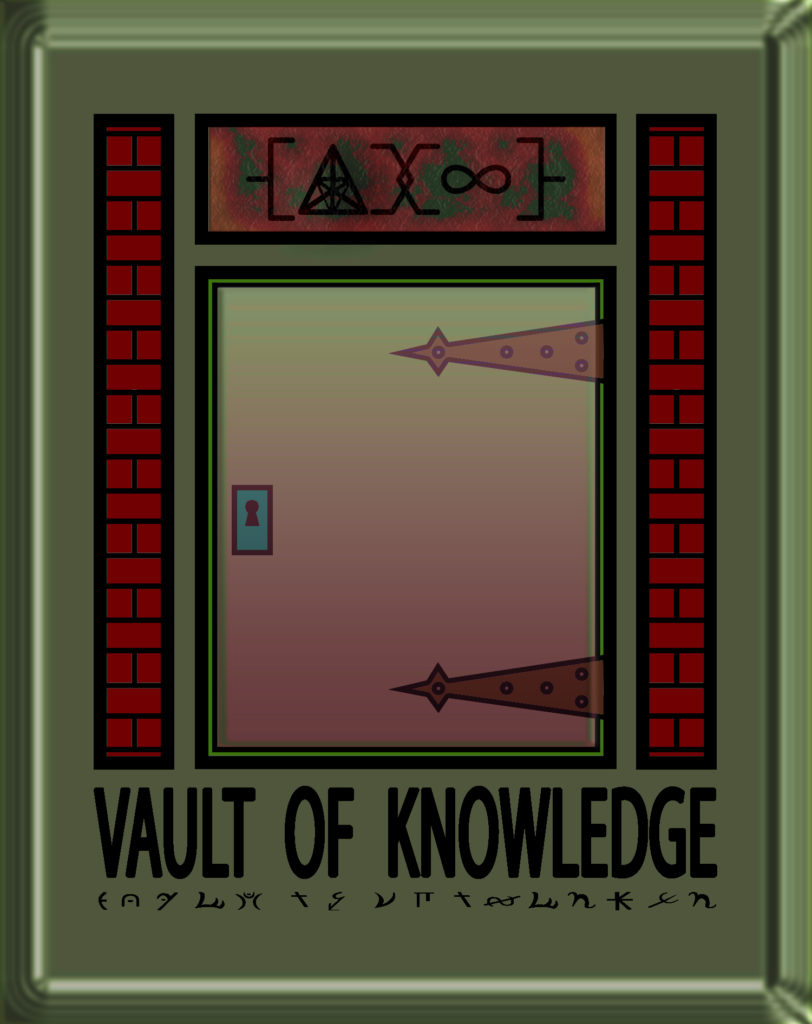As part of a virtual fantasy writer tour, author Jeff Shanley has written up a guest post for my blog. He voices a few thoughts similar to the process behind my own creation of Maldene. So read on, then afterwards go to his site and read some more.
Jeff’s Blog site:
The Mavonduri Trilogy Official Blog
-Werewolves, Movie Reviews & More!
www.mavonduri-trilogy.blogspot.com
by
Jeff Shanley
Fantasy as a genre comes in many shapes and forms. But epic fantasy allows for the creation of entire worlds, places that, though they may have never existed, can exist in the collective consciousness of readers and writers alike. What is it about this specific subgenre of such a diverse category of literature that keeps drawing us in again and again?
In short, modern epic high fantasy writing is an extension of a central human facet: mythmaking. Since the dawn of human sapience, we have sought many explanations as to why the world works in the way it does. And sure, while in modern times science has allowed us to comprehend the finite, material nature of our planet, it is through myths that we are able to understand beyond the physical, beyond the finite.
I love fantasy. And I love writing. So when I set out to write my debut novel, it was almost predestined that I would write fantasy. But fantasy, in particular epic fantasy, goes beyond just the Tale itself. There is an entire world the Tale is set against, with a rich, cohesive history, cultures, mythologies, even languages. But more importantly, I had to centralize it on a very select few mythological archetypes. So I chose the werewolf and Atlantis myths.
These two myths in particular are almost ubiquitous in ancient civilizations. I haven’t yet found one that doesn’t have a variation on them (and I’ve done a LOT of research!) which opened up the possibility that they COULD have had a shared origin. Now, while that isn’t a historical fact, that’s where fantasy can bypass it and bring it to life.
This is where the painstaking detail of the fantasy world comes into play. Fantasy readers are among the most attentive in terms of detail, and I was determined to get it right. What followed was five years of work on 20,000+ years of history, several languages and more than a few maps. But in the end I had what every fantasy story needed: a solid foundation in which the characters could fall back on and draw experience from.
But the real goal was a cohesive merging of two disparate myths: That in an ancient, lost mythological time period there was a massive landmass inhabited by a race of shapeshifters we would call “werewolves.” And it was eventually destroyed in a catastrophic natural cataclysm. But I won’t get any more complicated than that, because anybody who’s read MATHION knows that there’s a lot more to it.
In many ways it was just as fun to create the history of this time period (NOT world, as the story takes place on our own world) as it was writing the story itself. In a sense, fantasy is history that isn’t written by the “victors”, but given a little something to spice things up a bit. Epic fantasy is the mythology of modern times, a way for us to look past the everyday and find a little more magic in the world.






 Users Today : 597
Users Today : 597 Total views : 4223971
Total views : 4223971 Who's Online : 6
Who's Online : 6

